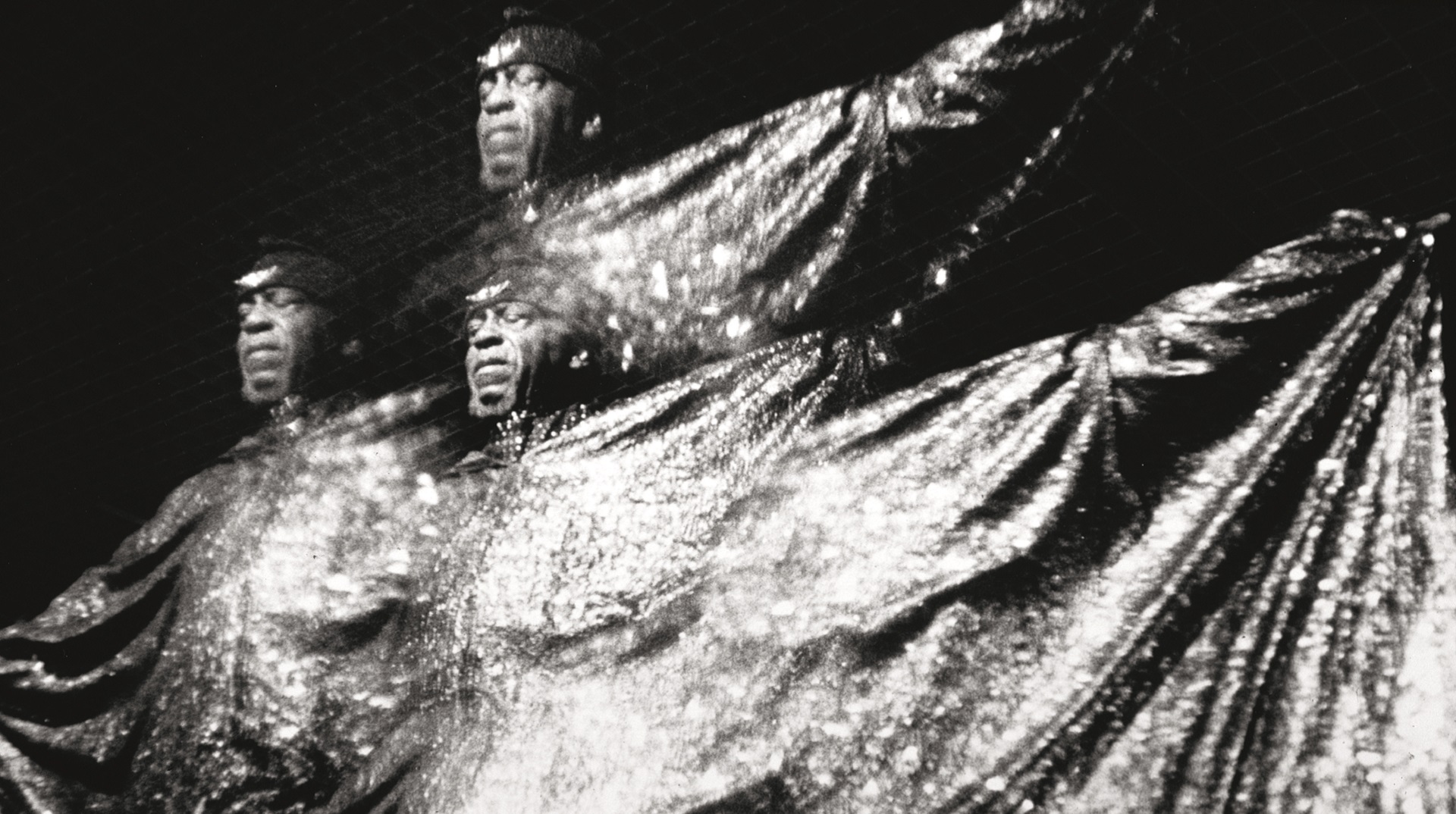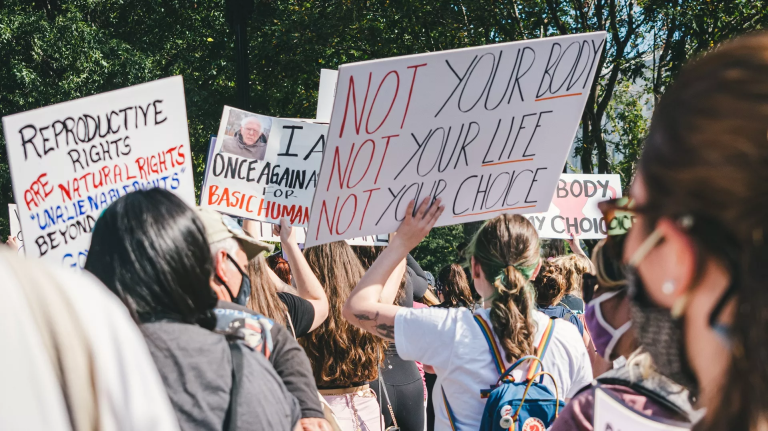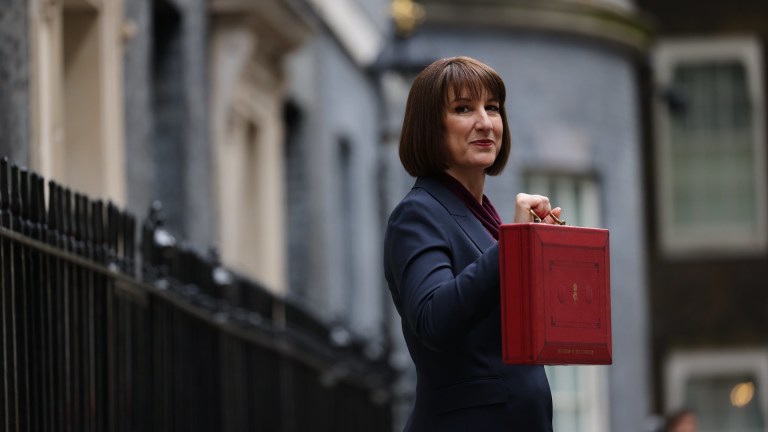Black Lives Matter. We will keep saying it until the injustices of the past are reconciled to the inequalities of the present. George Floyd’s death traumatised us. If you fully comprehend the systemic rot that enabled this violence to exist then it is impossible to return to a normality that centres the facilitation of half-truths and justifications which disengage us from the reality of a racial structure that is literally killing black people. This stands true in America as it does in the UK.
A myth is an idealised conception in which people/events are decontextualised and meaning is reassigned. The power to dictate what myths society sees as central to its narrative is at the heart of political control. We saw the weaponisation of myths surrounding immigration in Britain used to secure a Brexit vote, for example. The structure of white supremacy aims at dictating the parameters of the real. Its insidiousness lies in an ability to promote myths of its own making as objective reality. Bandleader and composer Sun Ra was raised in Birmingham, Alabama during the horrors of a segregated America. He famously proclaimed There Are Other Worlds (They Have Not Told You Of) while claiming to be from Saturn and aligning his spiritual ontology with that of ancient Egypt. By subverting the process of societal self-identification and claiming a mental position outside the narrow spectrum of potential assigned to him as a black man in America, Sun Ra was performing a radical act of decolonialisation. His work in this regard must be built upon as the Black Lives Matter movement challenges us to see beyond structures that society proclaims to be self-evident. Art must inspire us as we build new legacies from the ruins of the Empire.
A proclamation that Black Lives Matter is the first step. This rallying cry must be made with such force that society cannot choose to ignore the fundamental changes that the slogan implies. Support for organisations on the ground that have been active in campaigning for racial justice and equality must be sustained. Our school curriculums must be updated to reflect the voices, perspectives and narratives of historically oppressed communities. We do not need a ‘black history month’, we need full integration of black perspective in the current telling of British history. Moral justification for the trail of brutality left by British imperialism arises from cognitive skills conditioned in childhood to function within a self-affirming binary framework. The simple tenet of comic book/cartoon characters presented as either good guys or bad guys is doggedly maintained in adult life and applied to geopolitical and historical formations. The remedy is the promotion of a multiplicity of perspectives detached from the hierarchical bias ingrained into the fabric of our society – that those with the most money deserve power and that this power is in itself reflective of intelligence, and the right to rule. If the telling of history doesn’t centre multiple perspectives in any given sequence of events then it is not history, it is propaganda. History must be seen as a fluid construct engaged in a continual process of gathering insight as to how the past relates to the present. When the contextual development of public monuments is stagnated under the pretext of historical preservation we give precedence to the zeitgeist of eras past in which racism wasn’t called racism, it was called racial logic. We allow ourselves to be blinded to what it means to celebrate the brutal logic of the victor. All these statues must all fall ideologically, if not physically.
If we are to change what skin colour signifies in our society then an honest discourse must occur embodying the meaning of race in the present
The black diaspora can be conceived of as a singular unit engaged in a struggle that has spanned centuries. It is important to recognise that though the struggle for equality and self-actualisation is manifested with the particularities of specific societal histories, the struggle is against the same root ideology – white supremacy. “Across cultures, darker people suffer most. Why?” This proclamation by OutKast’s Andre 3000 depicts a truth that serves as a backdrop to every ‘first’ advancement achieved by a black person in the UK, to every black person who works to have their accomplishments regarded as at least equal, to every black person who has to engage in the exhausting work of debating the truth of their lived realities and to every black person who strives to have the life that their grandparents could only dream of when they came over on the Windrush. The great thinker Stuart Hall defines race as a floating signifier and “one of those major concepts that organise the great classificatory systems of difference which operate in human societies” alongside gender, class, sexuality and age. If we are to change what skin colour signifies in our society then an honest discourse must occur embodying the meaning of race in the present, a thorough and ongoing examination of how we got here, and utopias must be depicted which further the imaginative scope of an equal future.
Shabaka Hutchings leads the bands Sons of Kemet, The Comet Is Coming and Shabaka and the Ancestors









